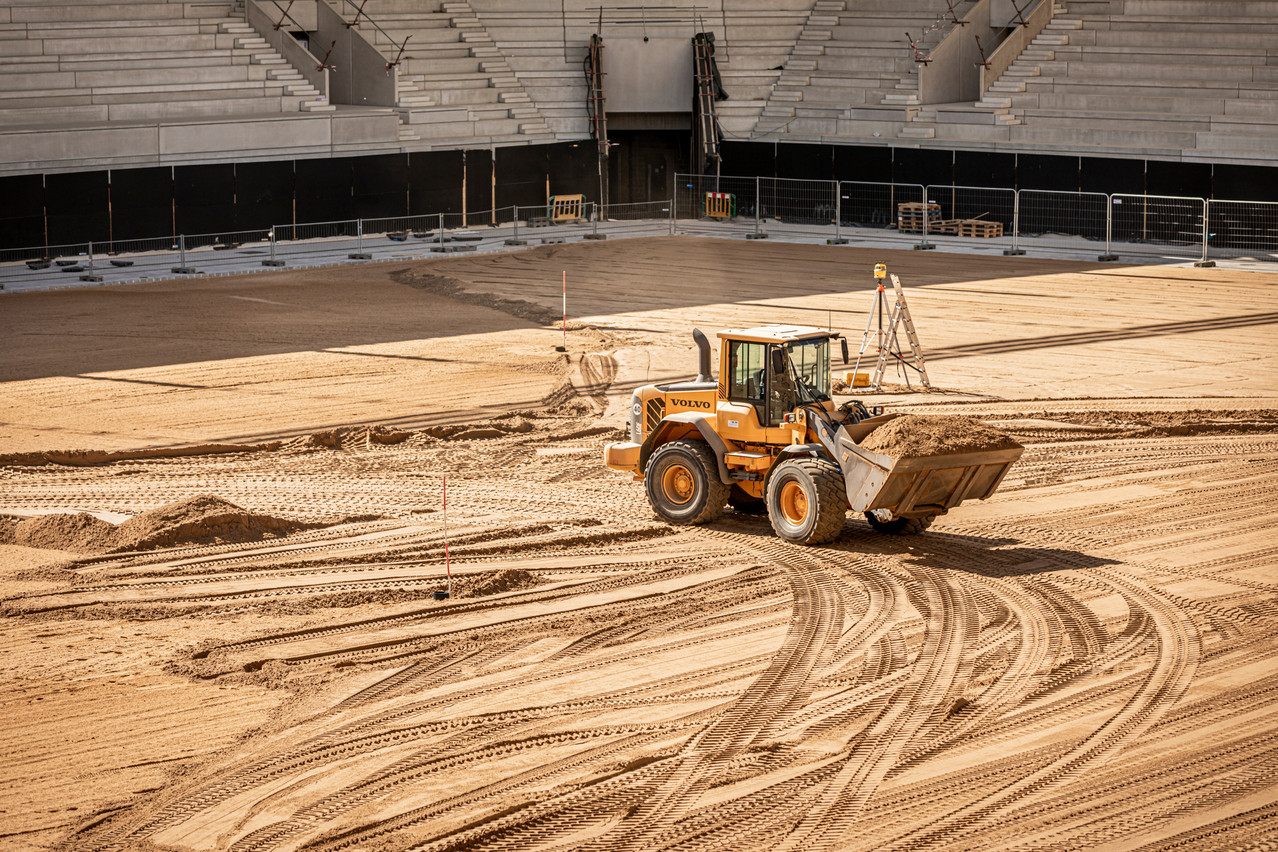After a difficult phase in 2020, the sector saw its production reach pre-pandemic relatively quickly. However, as Luxembourg’s statistics bureau notes, between January and July 2022, trust indicators have slowly but surely began dropping. The businesses’ trust indicators are calculated according to the state of their order book and the evolution of the job situation.
The cost of energy and materials, as well as a shortage of workers, are all factors that are destabilising the comeback the construction industry had made in 2021. “The increase in producer prices in the construction sector is close to 15% over one year in the second quarter of 2022 in Luxembourg (a historical record and a result comparable to those of many countries in the euro zone over the same period),”
“This rise in the price of construction services may obviously act as a brake on demand from consumers and businesses, who are already faced with a sharp rise in general inflation and energy bills. The rise in interest rates has also weighed on their borrowing capacity, and in Luxembourg, as in the euro zone, there has been a fall in demand for property loans in recent months,” the report continues.
The decision of some global industries--like glass and steel producers--to close down over the winter in light of energy costs and shortages--is set to exacerbate the situation for the construction sector.
Bleak months ahead for other sectors, consumers
The bureau in its conjuncture note published on 27 September also stated that car sales remained low during the first 8 months of 2022, with an 11% drop over 12 months. A similar trend was noted for commercial vehicles (-15% in the grand duchy and -20% in the eurozone).
Banks are also tightening their defences, by bringing up policy rates: the European Central Bank (ECB) This has been observed in several countries like the US and UK too, and risks becoming “a major drag on growth in advanced economies”, Statec warns.
The job market also sees a bleak future looming, with a slow-down in progress after a positive and constant growth of the national employment rate since the slowdown forced by the pandemic. While companies in the grand duchy are still seeking to recruit a lot, industries like publishing, advertisement and post, among others, observed the worst previsions for the foreseeable future.
While Statec also warns of a drastic price hike for electricity--due to the price of gas--it also following the tripartite agreement. New predictions estimate a 6.2% inflation for 2022--compared to 6.6% previously--and 2.8% in 2023 (compared to 6.6.%).
